Top 10 Bulgarian Culture, Customs, and Etiquette
Lifestyles and cultures in what is now Bulgaria have developed over thousands of years. The country is located at the crossroad between Europe and Asia, and ... read more...the lands of Bulgaria have been populated since antiquity. If you are planning to tap into Bulgarian markets, it’s better to do some research first and know about their culture, language, and business etiquette. Let’s take a quick look into Bulgarian Culture, Customs, and Etiquette.
-
All the European customs apply which means respect and courtesy for the elders and women, following the rules of the house, and behaving in a calm and civilized way in public. And Bulgaria is not exceptional. Bulgaria is still a fairly formal society, therefore initial greetings are more formal and reserved than North Americans are typically accustomed to. Bulgarian greetings consist of a firm handshake, direct eye contact, and the appropriate verbal greeting for the time of day. Greet each person in a group individually, starting with women and elderly persons.
Address people by their titles (if you know them), or with Mr. (GospaDIN), or Mrs. (GospaZHA) followed by surname. Only friends and family address each other with first names and with a hug or kiss. One should always wait for Bulgarian counterparts to determine when it’s appropriate to go on a first-name basis. Bulgarians are likely to raise their voices and be very animated during conversation; this is standard and not a sign of displeasure.
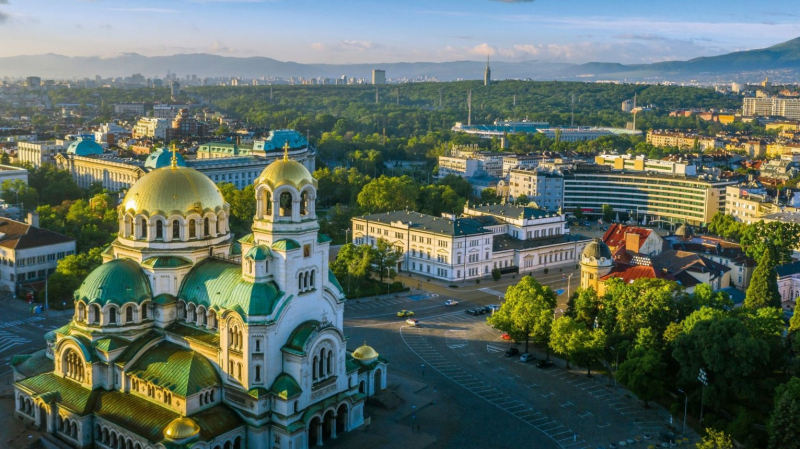
nationalgeographic.co.uk 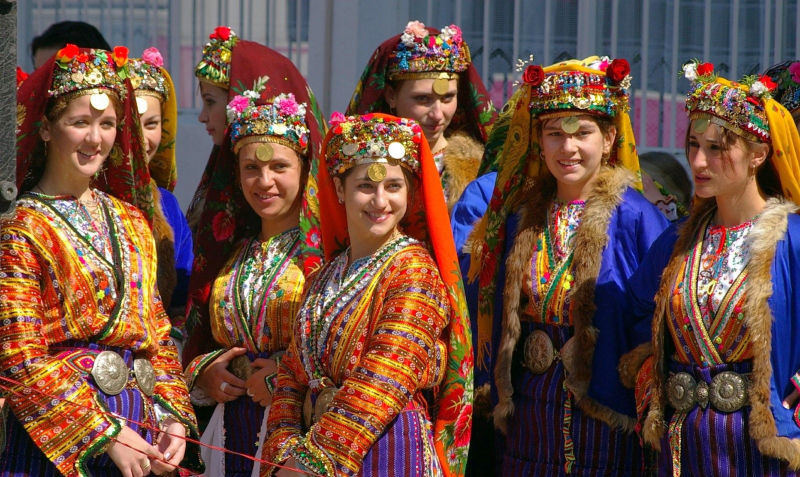
theculturetrip.com -
In Bulgaria and many countries in the world, gifts are generally opened when received. Typically, gifts are exchanged on Christmas, on birthdays, and when invited to someone’s house. The general rule for gift giving is that it’s more about the thought than value – in fact, do not give overly expensive gifts as this may cause embarrassment. Wine, alcohol, candy, and flowers are common gifts. Besides, any small gift which is a specialty of your own country or a handcrafted item is a good choice.
When going to a Bulgarian’s home for dinner bring flowers for the hostess and a bottle of good spirits for the host. If taking flowers avoid chrysanthemums, lilies, or gladiolas as they were used at funerals; ensure there are an odd number of stems. If giving a gift to a newborn only give an odd number of presents. Therefore, bear them in mind to avoid mistakes when visiting Bulgaria.
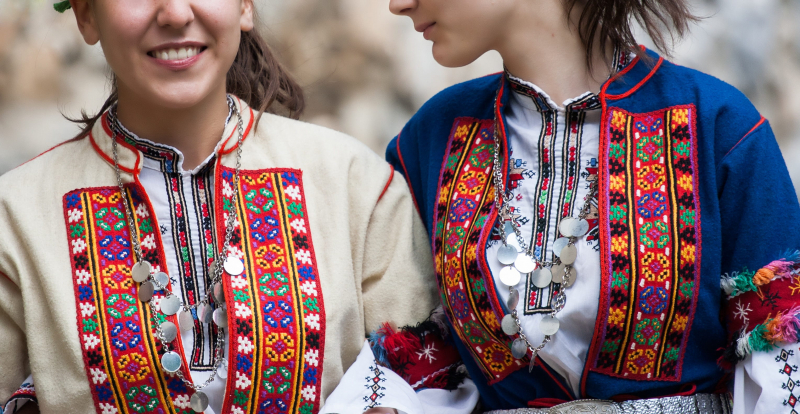
freesofiatour.com 
flowersdelhi.in -
In Bulgaria, there is a festival organized in January that you should try once is Surva Mummers. It is the oldest festival in Bulgaria and among the Bulgarian culture, customs, and etiquette. The mummers’ tradition derives from the ancient pagan past of the Bulgarians. The idea of the Mummer dance is to drive evil away and bring happiness and prosperity to the people in the village. There are many different Mummers in Bulgaria; they even have different names in the different regions – kukeri, dervishi, startsi, etc.
Their costumes and masks are different, but all mummers are united by chasing the evil spirits away with the help of fearsome masks, and the loud sound of “dancing” bells. Mummers have a string of bells, which is hung on the belt, and when the mummer jumps and dances, the sound is so loud and can be heard in the neighboring village. Mummers are usually dressed in thick coats and traditional costumes are made of sheep or goat skins. Note that this custom is a part of the winter folklore calendar; no wonder thick coats are a must. Local tradition is influenced by fashion and you can see different costumes, with a colorful foreign touch.
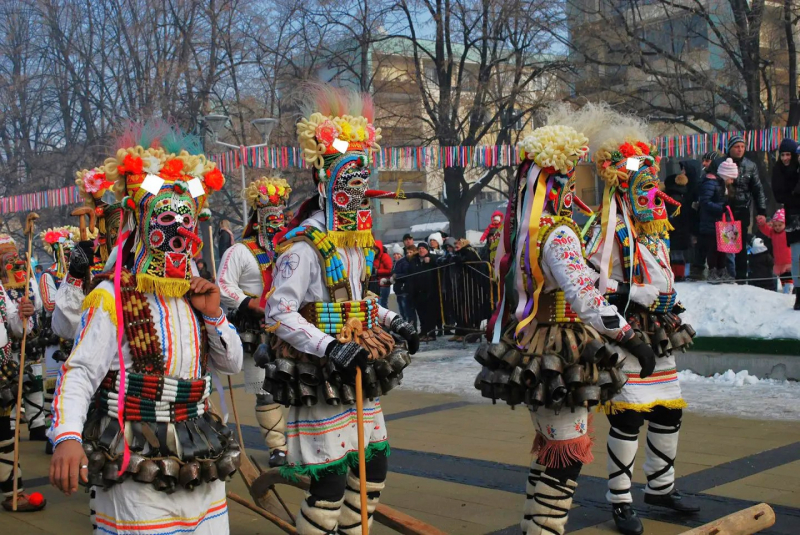
brilltravel.com 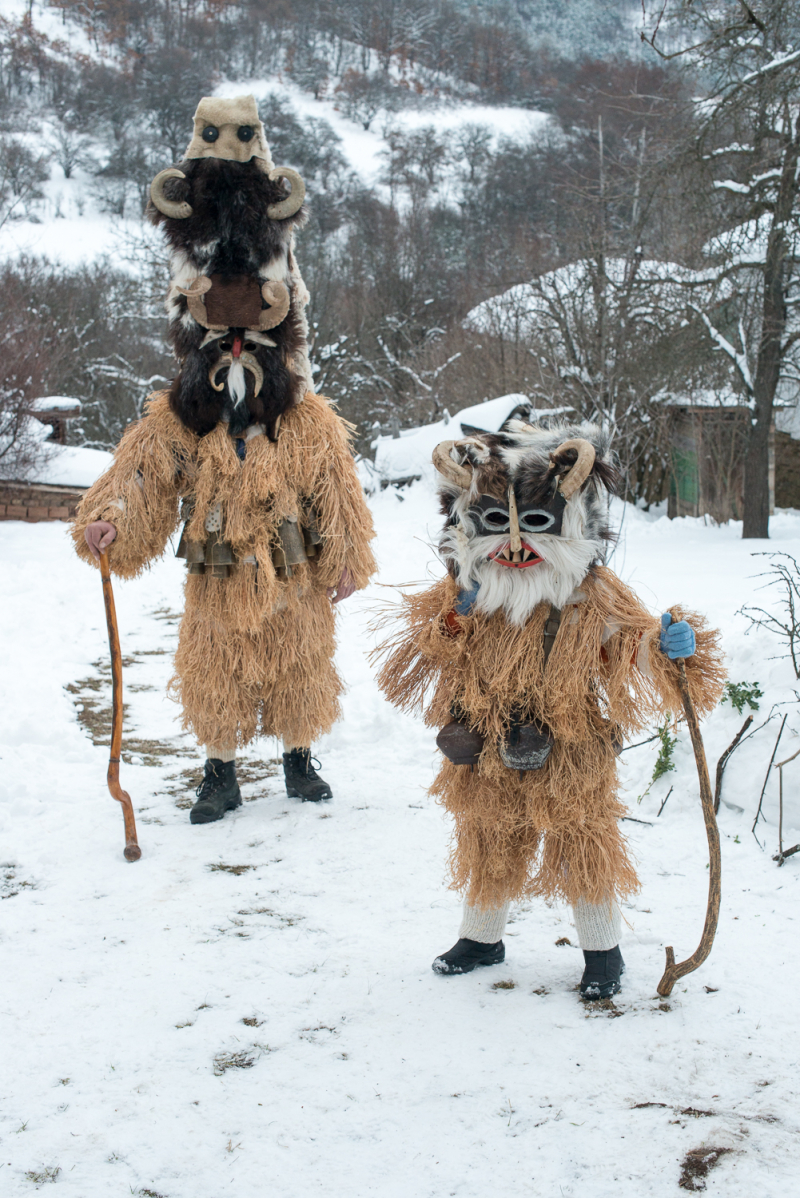
jasongardner.net -
Bulgarians are champions of indirect communication. One needs to observe the manner and tone of the speaker to understand fully. Many Bulgarians are direct but use non-verbal communication extensively. Sometimes it is helpful to ask the same question numerous times to see if the response changes. For example, when inviting someone out the initial answer might be “no” but if asked again the response sometimes changes with a bit of encouragement by asking again.
Bulgarians are not afraid to raise their voices. Even if they sound upset and it appears they are quarreling, usually they are not and the conversation will end in a friendly manner. The closer people are the more they may actually argue and fight but it's never taken personally. And pointing with the index finger is rude. Don’t slap anyone on the back, even in jest. Don't chew gum or check handheld electronics while in conversation. Friends, especially girls, often hold hands or walk arm in arm. Gentlemen remove their hats before entering churches. People also remove gloves before shaking hands. People cover their mouths when coughing or sneezing.
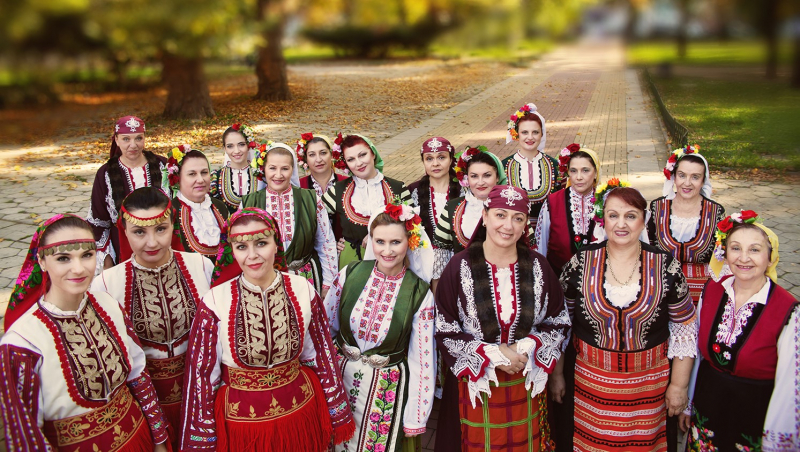
timeout.com 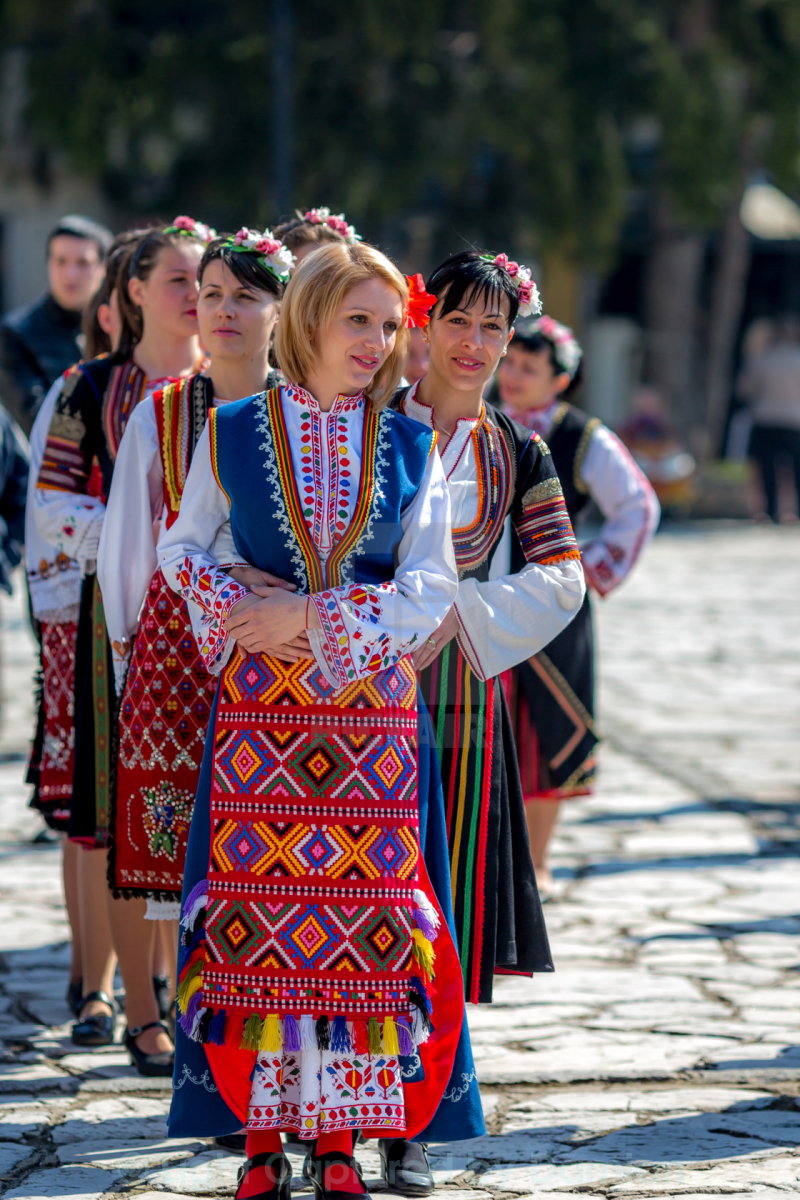
istock.com -
Dining is also one of the Bulgarian culture, customs, and etiquette that you should know before traveling to Bulgaria. Continental style of eating is most common, with the fork in the left hand and the knife in the right. Bulgarians eat pork, chicken, fish, or lamb with most main dishes. Popular main meals include Moussaka and Nadenitsa. Grilled meat and kababs are also popular, especially in restaurants. Traditionally, the largest meal was eaten at midday and consisted of soup and/or salad, a main course, and dessert. At formal meals, the host offers the first toast which is generally done with hard liquor such as vodka. You should reciprocate with your own toast later in the meal. If you are the guest of honor, your departure may be necessary following the meal before others can leave.
Bulgarians enjoy social gatherings. A good meal may take three or four hours. If you are invited to a meal, you may be asked to begin eating first. This is your host's way of being polite; you can reciprocate the gesture by thanking your host, and suggesting that the most senior person at the table begins their meal, while you follow. The more you eat, the more appreciation you show, so plan on taking at least two servings. Take a smaller portion the first you round if you serve yourself, so you can have room for a second helping afterward.

theculturetrip.com 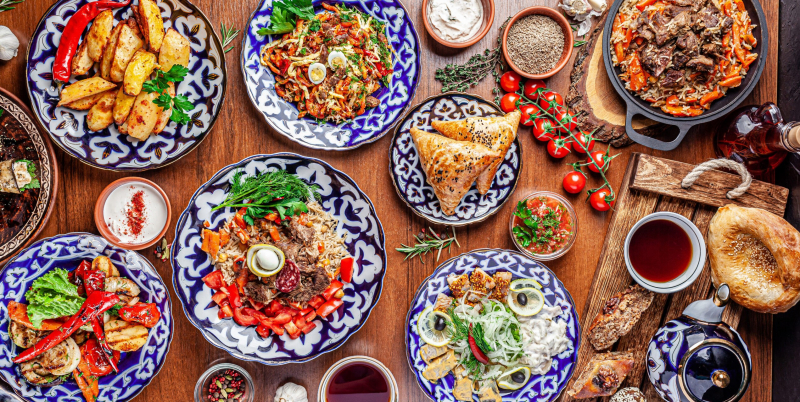
homegeorge.com -
Another Bulgarian culture, customs, and etiquette that you must bear in mind is business etiquette. Relationship building is important in Bulgaria. You should spend time getting to know your peers before getting down to business. Initial business meetings should be used as an introduction, and subsequent meetings can then be used for more in-depth business discussions.Bulgarians are not deadline oriented and meetings often last longer than anticipated. Do not rush the process. Be patient and do not rush meetings - successful ventures in Bulgaria won't happen overnight.
Bulgarians prefer to ensure they have thoroughly covered the subject at hand before making a decision or ending a meeting. Be ensure you wear formal clothes to business meetings and behave formally during the meeting; the demeanor will become more friendly and casual and the meeting is going well. Remember eye contact is important to establish trust. Bulgarians have a tendency to talk in a roundabout way when concerned about not saying anything that could be used against them later. If you are asking questions and not getting direct answers try asking the question in different ways

lpcentre.com 
cmmlanguages.com -
The rite of fire dancing is one of the oldest Bulgarian folk traditions and was once practiced by ancient Thracians living near The White Sea. It is performed today in only a few mountain villages in the Strandzha region, such as Bulgari, Kosti, and Brodilovo. In 2009, the ritual was included as a UNESCO World Heritage legacy of non-material culture. According to a number of scholars, the ritual was performed by a Thracian cult that worshipped the sun.
The dance is performed barefoot on live coals, and this unique rite is now connected with groups whose patron saints are Constantine and Elena. While fire dancing is connected with celebrations that are observed year-round, the day most closely connected with the practice is June 3 (according to the old calendar), since that is the day these two saints are honored.
The preparation of the fire for the dance starts before noon. The fire must be laid in a symmetrical circle so that those in attendance can all observe the rite. Before evening, the fire dancers and a representative of the church go to a chapel that is dedicated to Saints Constantine and Elena, where they breathe deeply of the incense and pray before the icons. Later, after it gets dark, the whole village gathers at the chapel, including musicians – a gayda (Bulgarian goatskin bagpipe) player and a drummer. The musicians play three special melodies – the first as the celebrants make their way from the chapel to the fire, the second when the dancers approach the coals, and the third to accompany the Kostadin Horo (a group dance). Then there is a second ritual procession circling the fire, and the culmination of the ceremony begins.
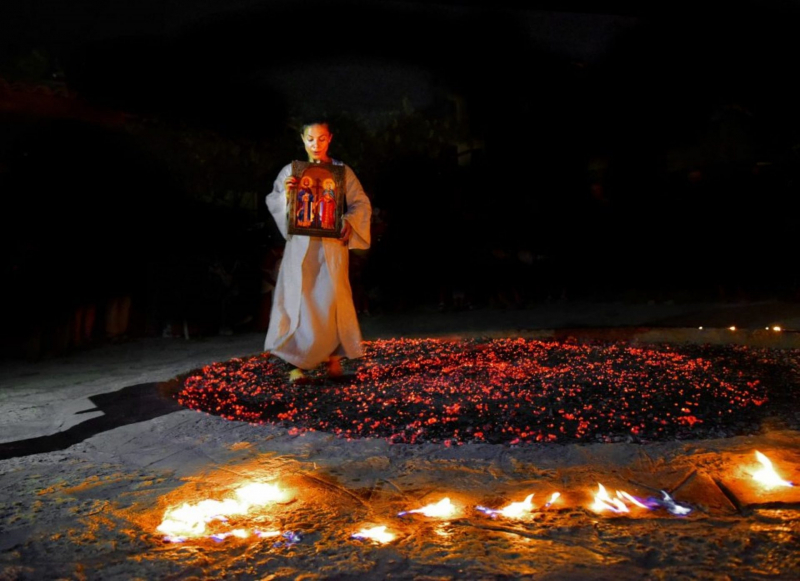
slowtours.bg 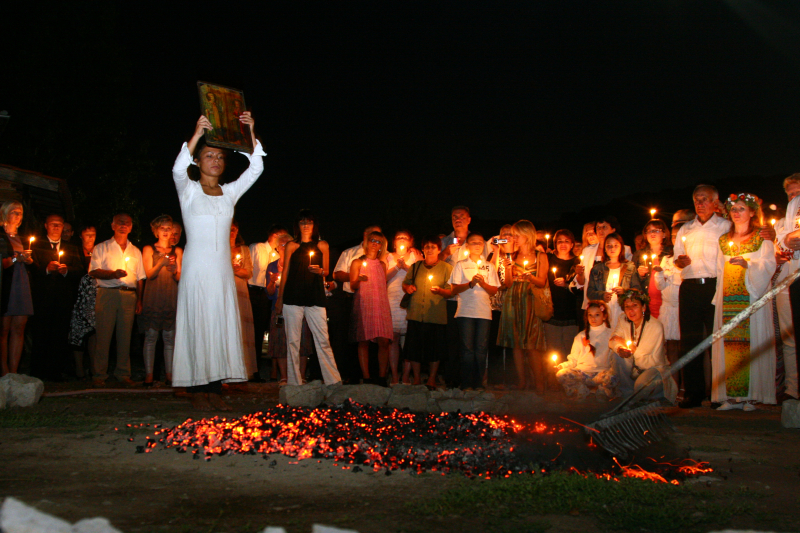
travelbulgaria.news -
Among the Bulgarian culture, customs, and etiquette is Lazaruvane. Lazaruvane is a ritual related to coming of spring. It is conducted on St. Lazar’s Day, eight days before Easter. The date of the celebration varies, but it is always on the Saturday before the celebration of Palm Sunday. On this day willow branches are picked and used to decorate the doors of houses on the following day. Then the young maidens in the villages pick flowers to shape as garlands on Palm Sunday.
On Saturday maidens gather in the home of one of their number and dress in festive clothes decorated with flowers and sprigs. Then they walk through the village from house to house, offering blessings for good health and rich harvests. They are invited in and given small gifts. Probably the most important symbol of Bulgaria is the ritual of making and giving martenitsas for health and happiness at the beginning of March. For Bulgarians this is a symbol of the year’s renewal, again intended to promote health and successful harvests.
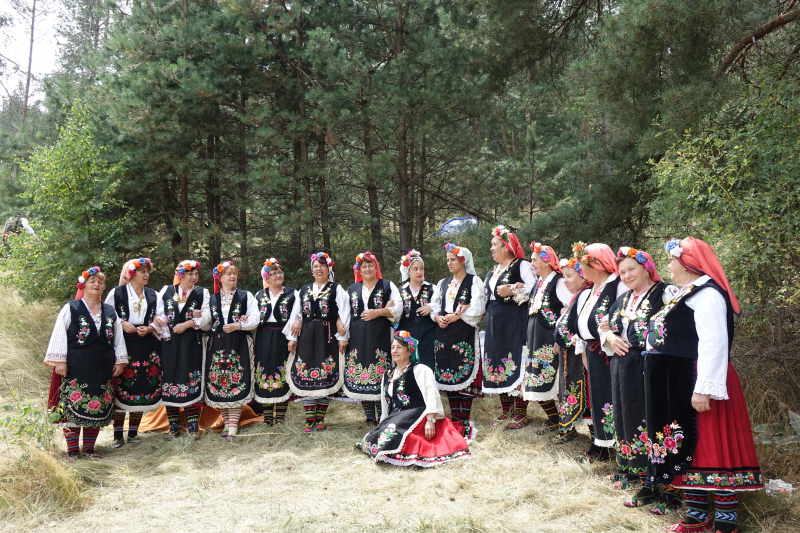
wallpaperflare.com 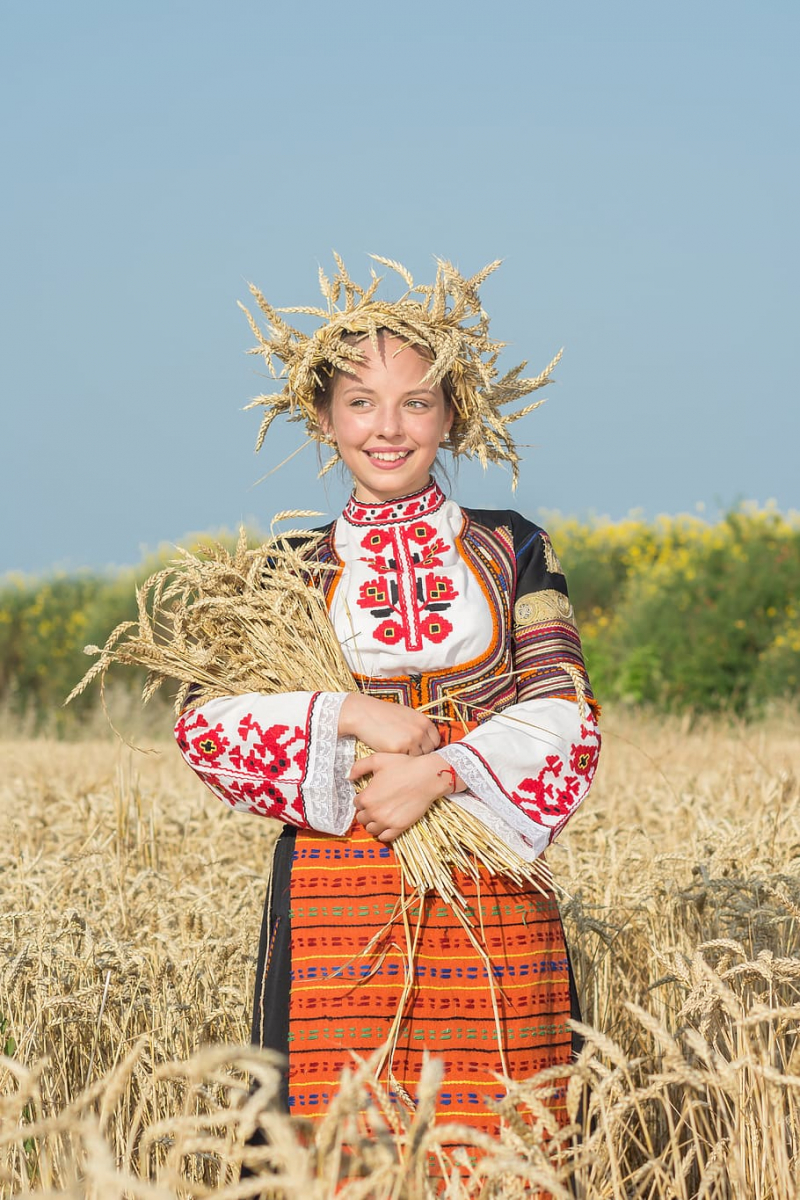
wallpaperflare.com -
The Rose is the symbol of Bulgaria. Rose picking is one of the oldest and most traditional customs of Bulgarians. With May comes to the scent of roses and the beautiful rose-red carpet covers the fields of central Bulgaria. The Rose Valley, as the area is known, attracts thousands of visitors. Public rose-picking events are held in many villages and cities. The rituals with singing and dancing that usually take place around 9 am are usually stages. Actually, the rose picking starts around 5 am and finishes no later than 10 am. During these hours the flowers are still moist. When they dry up, it is time to go. Moreover, only the fully opened flowers are picked.
Nowadays the ritual is more commercial and is mostly held for tourists. The event is usually held around the villages near Kazanlak after 9 am but despite the unusual time it is still very beautiful and colorful. The beautiful Bulgarian girls in traditional garments stand among the fragrant roses and pose for photos.
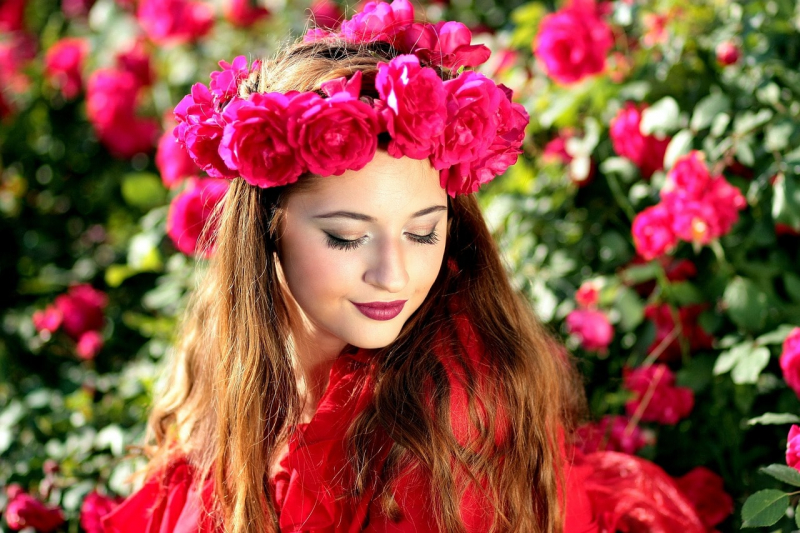
theculturetrip.com 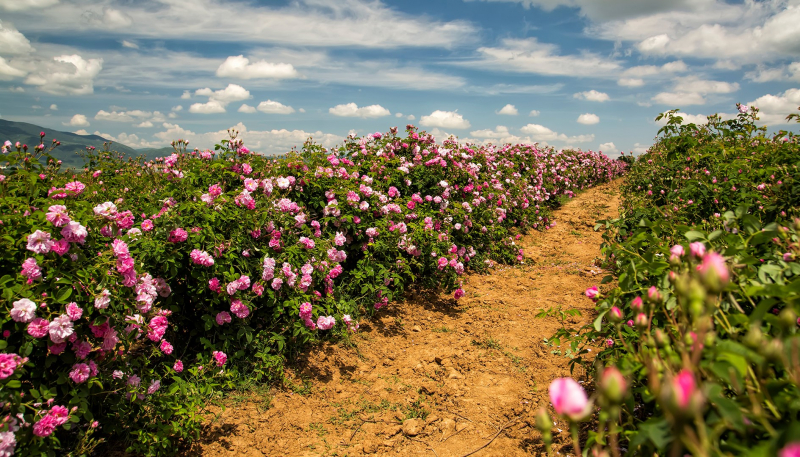
cosmeticsbulgaria.com -
Bulgarians are sensitive about floors. The ground is usually considered dirty, which leads to several important pieces of advice. You shouldn't put your feet up on tables or chairs. If the floor is considered dirty, your feet will transfer the dirt wherever you rest them. If you expect to use towel again, you don't allow put it on the floor. A towel placed on the floor is no longer useful for drying the human body. This is particularly important at public pools and fitness centers. Bulgarians will lecture you openly about this breach of cleanliness.
Remember, you do not put your bag, purse, backpack or other belongings on the floor. Find an open chair, pull it near you, and place your belongings on the chair. If there are no free chairs around, ask to share with someone else who has their belongings on a chair. Bulgarians are very polite and generous to share with foreigners in this way. Do not sit on the floor or expect Bulgarians to sit on the floor. This can be overcome by providing a mat, rug, or other item to sit on instead of a bare floor.

flooringstores.com 
berryalloc.com































